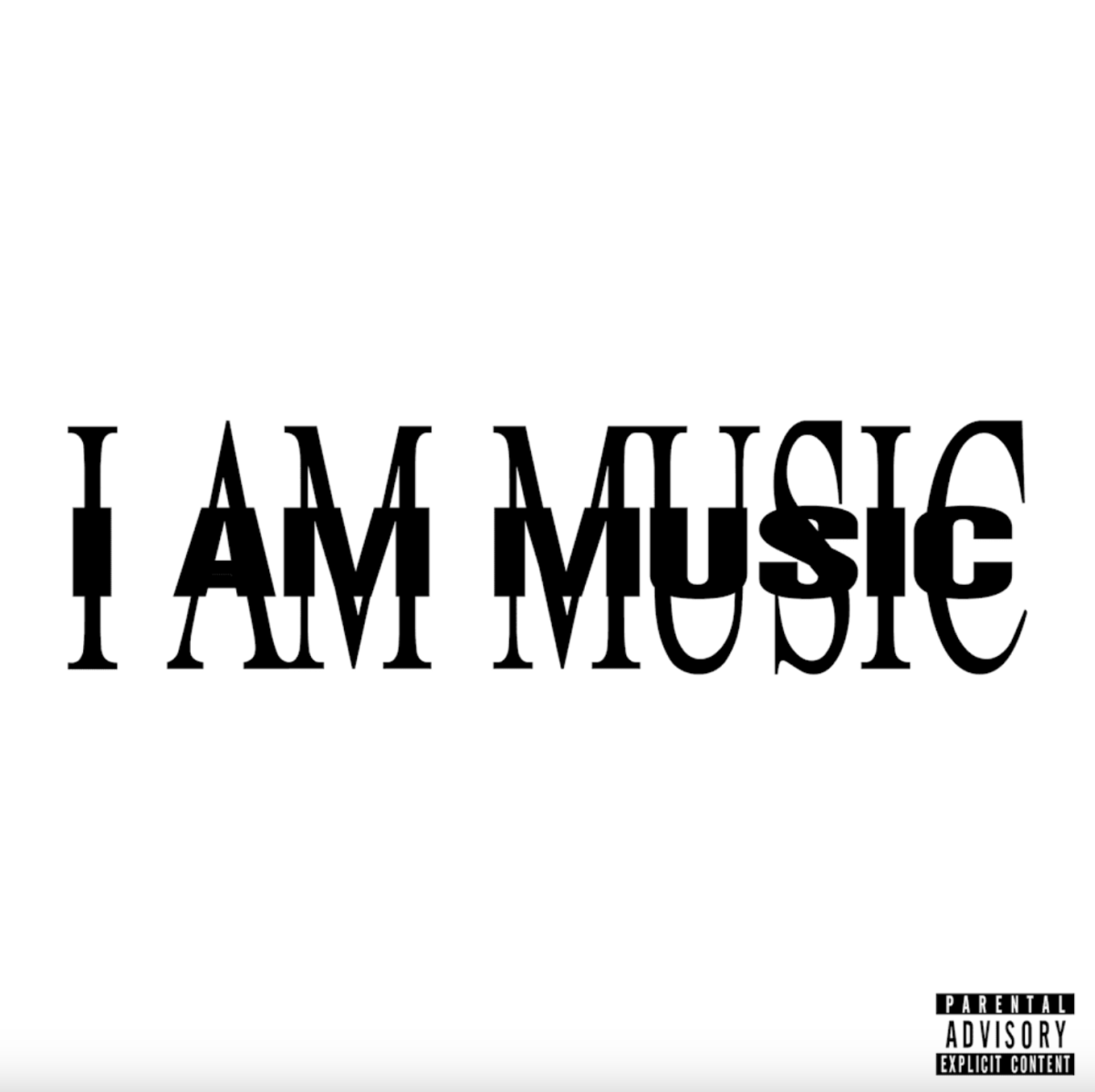Yet another State of the Union address has gone by, and once again President Obama has had the glorious opportunity to tell us that the state of the union is strong. Employment is rising, the deficit is shrinking, and the middle-class grows richer by the day. Gas prices are low, health care is cheap, new immigrants bring promise to our future, and if Republicans in Congress try to derail this progress, their bill “will have earned my veto.” And to be fair, the President did not lie. But as is all too often the case in politics, that does not mean that he was telling the truth.
This speech was Obama’s sixth State of the Union address, and he gave the speech with confidence, affirming the victories his administration have overseen despite a hostile, often gridlocked Congress. Yet however strong the President’s rhetoric, it cannot hide the fact that his victories have been rather paltry and his defeats all the more crushing for that. President Obama’s optimistic comment that the United States is “stopping ISIL’s advance” seemed more delusional than admirable. His insistence on protecting sick leave in the workplace, providing community college education to citizens free of charge, and investing more heavily in infrastructure are all good ideas—but the funding necessary to provide them seems highly unlikely to be approved by a Republican Congress, a fact Obama knows perfectly well.
Not all of the President’s speech was empty rhetoric. His emphasis on increasing diplomatic and economic relations with Cuba, despite fierce Republican opposition, shows that Obama has a backbone when it comes to protecting good policy. Yet he spent far too much of his valuable time on empty rhetoric about “middle-class economics,” a decision that seemed to me as nothing more than a ploy for popular opinion against his opponents in Congress. When the President’s presented the challenge, “Will we accept an economy where only a few of us do spectacularly well?” he may have struck a chord with millions of citizens, but he spoke in question, not affirmation, because nothing he said leads me to believe that he is capable of changing that, regardless of what he “accepts”. And many Americans are starting to see through the charade— only thirty-two million people watched the State of the Union this year, far less than in other years. The State of the Union is “strong” as always, but the Union does not want to hear it, and rightly so.






